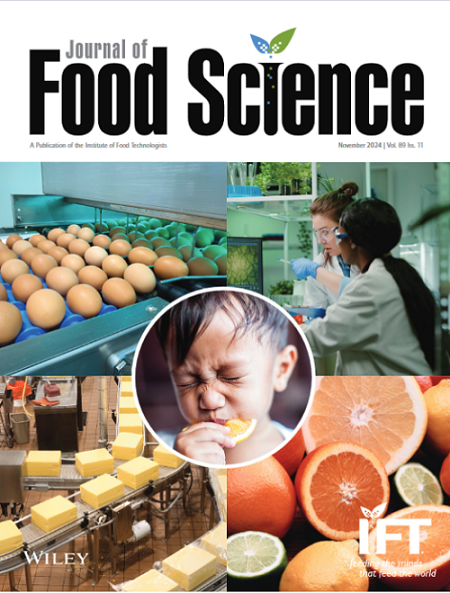Consumers’ Food Safety Expectations and Risk Perceptions of Produce From Small and Medium-Sized Farms
Abstract
Food safety concerns associated with fresh produce have gained prominence due to recurring foodborne outbreaks and recalls. However, consumer awareness and perceptions regarding food safety in small and medium-sized farm (SMF) operations remain underexplored. This study assessed consumer expectations and risk perceptions of produce from SMFs through a survey of 916 U.S. consumers. While 85% of respondents considered food safety a minimum quality standard, it was often viewed as secondary to attributes such as freshness, quality, and local production. Most higher-income consumers (63%) opposed the exemption of SMFs from the Food Safety Modernization Act's Produce Safety Rule. Consumers identified farmers as key actors in ensuring produce safety, with 75% rating them as extremely influential in maintaining food safety. Additionally, 47% of respondents attributed responsibility to farmers when presented with a hypothetical foodborne outbreak scenario, while a majority believed all commercially sold food should be safe regardless of farm size. Structured equation modeling revealed the interrelationships among constructs, including demographic characteristics, produce handling practices, food safety knowledge, expectation of food safety as a minimum quality standard, perceptions of produce from SMFs, and perceptions of food safety standards for SMFs. These findings provide insight into consumer attitudes toward produce safety and regulatory expectations for SMFs. The results suggest that consumers expect food safety to be an inherent characteristic of fresh produce, yet their perceptions of risk and responsibility are shaped by broader considerations of food quality, sourcing, and trust in agricultural producers.





 求助内容:
求助内容: 应助结果提醒方式:
应助结果提醒方式:


